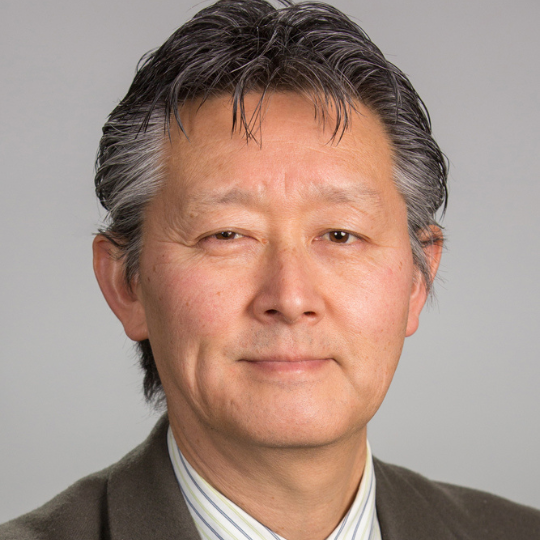
Akira Tokuhiro
PhD
Graduate Program Director and Professor
Department of Energy and Nuclear Engineering
Faculty of Engineering and Applied Science
Contact information
Energy Systems and Nuclear Science Research Centre (ERC)
- Room 4025
North Oshawa
2000 Simcoe Street North
Oshawa, ON L1G 0C5
905-721-8668 ext. 3142
Research topics
- Nuclear Systems Design
- Nuclear Engineering
- Nuclear Reactor Safety
- Energy and Resource Issues
- Big Data Analytics
- Computational Fluid Dynamics
- Convective Heat Transfer
- Experiments and Measurement
- Modelling of Complex Systems
- Thermal Hydraulics
- Ultrasonic and Particle Velocimetry
Areas of expertise
- Education/Learning
- Energy
- Nuclear
- Public Safety
- Plant Engineering and Operations
- Program Development
- Research
- Safety
Education
- PhD - Nuclear Engineering Purdue University 1991
- MS - Mechanical Engineering University of Rochester 1984
- BS - Engineering Science (Physics) Purdue University 1981